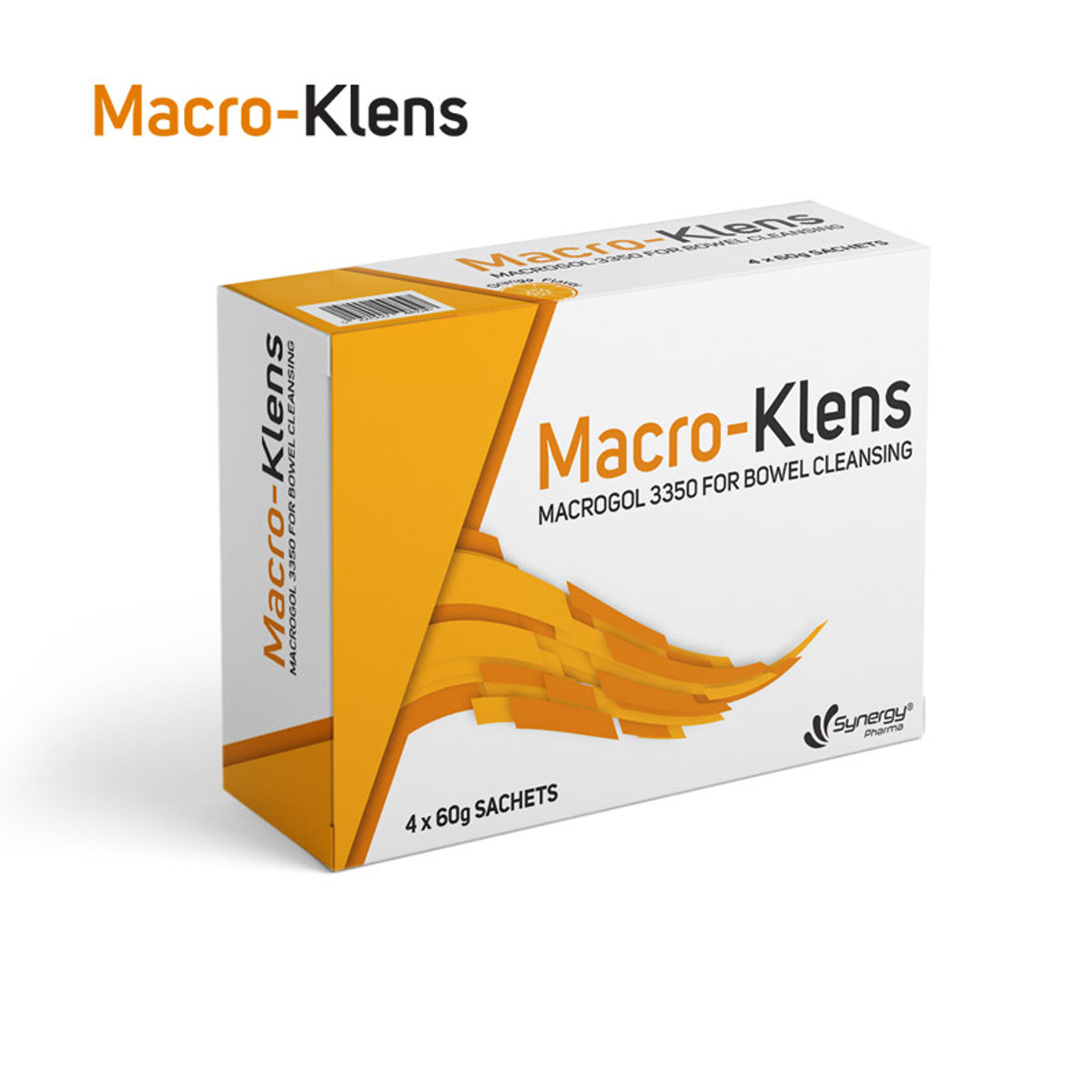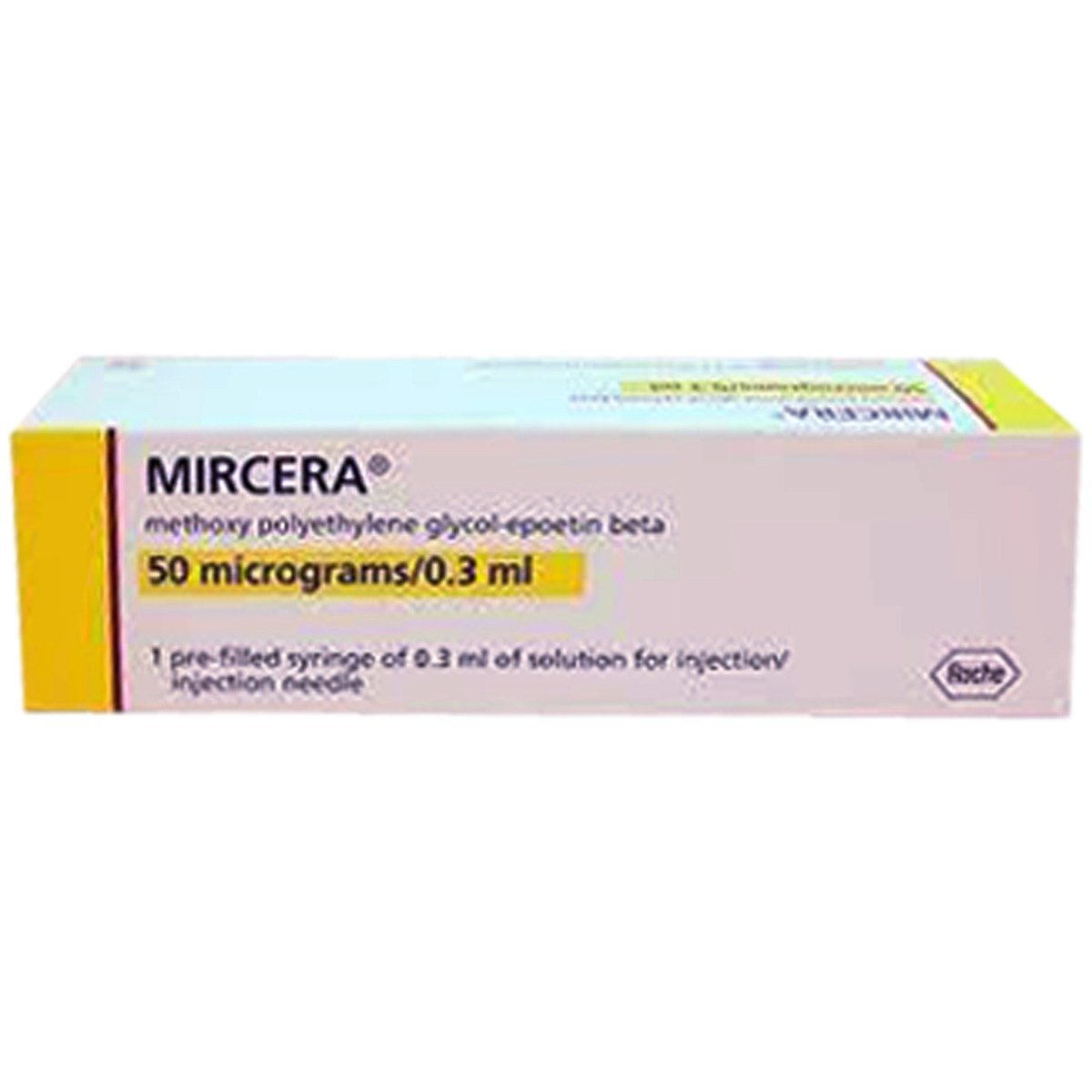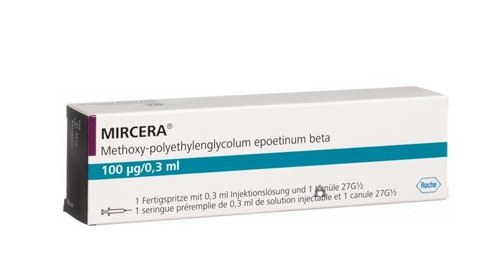Methoxy Polyethylene Glycol Epoetin Beta
About Methoxy Polyethylene Glycol Epoetin Beta
Methoxy Polyethylene Glycol Epoetin Beta belongs to a class of drugs known as erythropoiesis-stimulating agents (ESA). Methoxy Polyethylene Glycol Epoetin Beta is primarily used to treat anaemia (lack of haemoglobin in blood) due to chronic kidney disease in adults and children over five years. Anaemia describes as reduced levels of haemoglobin and red blood cells (RBCs) in the blood. Chronic kidney disease (CKD) patients slowly develop anaemia, which worsens as the disease progresses. Then the kidneys partially lose their functions permanently in CKD.
Methoxy Polyethylene Glycol Epoetin Beta contains ‘Methoxy polyethylene glycol and Epoetin beta’. Methoxy Polyethylene Glycol Epoetin Beta works by stimulating the bone marrow (soft tissue within the bones that makes red blood cells) to make more red blood cells. This Methoxy Polyethylene Glycol Epoetin Beta is very similar to the natural substance in the body known as erythropoietin (hormone formed by kidneys and produced RBC) which prevents anaemia (lack of haemoglobin and RBC in the blood).
Methoxy Polyethylene Glycol Epoetin Beta will be administered by a healthcare professional; do not self-administer. The common side-effects of Methoxy Polyethylene Glycol Epoetin Beta are pain, itching, swelling or redness around the injection site, high blood pressure, vomiting, diarrhoea, headache, constipation, stomach pain, back pain, and pain in your legs or hands, fever and chills. Most of these side effects of Methoxy Polyethylene Glycol Epoetin Beta do not require medical attention and gradually resolve over time. However, if the side effects persist or worsen, please consult your doctor.
If you are known to be allergic to Methoxy Polyethylene Glycol Epoetin Beta or any other medicines, please tell your doctor. Methoxy Polyethylene Glycol Epoetin Beta should not be taken in conditions like high blood pressure. If you are pregnant or a nursing mother, it is advised to consult a doctor before using Methoxy Polyethylene Glycol Epoetin Beta. Methoxy Polyethylene Glycol Epoetin Beta should not be used for children below five years of age. Methoxy Polyethylene Glycol Epoetin Beta does not affect your ability to drive and use machines.
Uses of Methoxy Polyethylene Glycol Epoetin Beta
Medicinal Benefits
Methoxy Polyethylene Glycol Epoetin Beta is primarily used to treat anaemia (lack of haemoglobin in blood) due to chronic kidney disease in adults and children over five years. Methoxy Polyethylene Glycol Epoetin Beta decreases the requirement for blood cell transfusions. Methoxy Polyethylene Glycol Epoetin Beta is not used to treat anaemia caused by cancer chemotherapy. Methoxy Polyethylene Glycol Epoetin Beta works by stimulating the bone marrow (soft tissue within the bones that makes red blood cells) to make more red blood cells. This Methoxy Polyethylene Glycol Epoetin Beta is very similar to the natural substance in the body known as erythropoietin (hormone formed by kidneys and produced RBC) which prevents anaemia (lack of haemoglobin and RBC in the blood).
Directions for Use
Storage
Side Effects of Methoxy Polyethylene Glycol Epoetin Beta
- High blood pressure
- Vomiting
- Diarrhoea
- Headache
- Constipation
- Stomach pain
- Back pain
- Pain in legs or hands
- Fever
- Chills
Drug Warnings
If you are known to be allergic to Methoxy Polyethylene Glycol Epoetin Beta or any other medicines, please tell your doctor. Methoxy Polyethylene Glycol Epoetin Beta should not be taken in conditions like high blood pressure, heart disease, fit disorder/ epilepsy, dialysis treatment or cancer. Before taking Methoxy Polyethylene Glycol Epoetin Beta, inform your doctor if you ever had anaemia. Inform your doctor if you feel weak, tired or have shortness of breath. Healthy people should not take Methoxy Polyethylene Glycol Epoetin Beta as it can lead to too much haemoglobin level and further cause heart disease that may be life-threatening. If you are pregnant or a nursing mother, it is advised to consult a doctor before using Methoxy Polyethylene Glycol Epoetin Beta. Methoxy Polyethylene Glycol Epoetin Beta should not be used for children below five years of age. Methoxy Polyethylene Glycol Epoetin Beta does not affect your ability to drive and use machines.
Drug Interactions
Drug-Drug Interaction: No interactions found.
Drug-Food Interaction: No interactions found.
Drug-Disease Interaction: Methoxy Polyethylene Glycol Epoetin Beta should not be used in patients with high blood pressure on chemotherapy.
Drug-Drug Interactions Checker List:
Safety Advice

Alcohol
cautionIt is not known that Methoxy Polyethylene Glycol Epoetin Beta may interact with alcohol. Therefore, avoid drinking alcohol while using Methoxy Polyethylene Glycol Epoetin Beta.

Pregnancy
cautionMethoxy Polyethylene Glycol Epoetin Beta should not be taken until prescribed. Your doctor will decide what the best treatment for you is. Please consult your doctor.

Breast Feeding
cautionInform your doctor before taking Methoxy Polyethylene Glycol Epoetin Beta. Your doctor will advise you to either stop or continue treatment.

Driving
safe if prescribedMethoxy Polyethylene Glycol Epoetin Beta usually does not affect your ability to drive or operate machinery.

Liver
cautionTake Methoxy Polyethylene Glycol Epoetin Beta with caution, especially if you have a history of Liver diseases/conditions. The dose may be adjusted by your doctor as required.

Kidney
safe if prescribedMethoxy Polyethylene Glycol Epoetin Beta is safely given to kidney patients only if prescribed by your doctor.

Children
cautionMethoxy Polyethylene Glycol Epoetin Beta is safe for children above 5 years of age.
Habit Forming
Diet & Lifestyle Advise
- Avoid making any changes in your diet without first talking to your doctor.
- Your doctor may get your blood tests done frequently to examine the levels of blood cells, haemoglobin and electrolytes such as potassium in your blood.
- Eat food that is rich in iron, vitamin B12 and folic acid.
- Eat food like leafy, green vegetables, fish, eggs and liver.
- Do mild to moderate exercise.
Special Advise
- Your doctor may offer advice on a regular blood pressure monitor and complete blood count that includes haemoglobin level.
- Your doctor may recommend eating a well-balanced diet rich in iron (such as raisins, figs, meat, eggs, vegetables, and iron-fortified cereals).
Patients Concern
Disease/Condition Glossary
Anaemia: Anaemia is described as reduced levels of haemoglobin and red blood cells (RBCs) in the blood. Chronic kidney disease (CKD) patients slowly develop anaemia, which worsens as the disease progresses. Then the kidneys partially lose their functions permanently in CKD. There is insufficient erythropoietin (hormone formed by kidneys and produced RBC) formation. This hormone helps the production of RBCs by the bone marrow. As a result, RBCs production is affected, leading to fewer RBCs than normal.
FAQs
Methoxy Polyethylene Glycol Epoetin Beta works by stimulating the bone marrow (soft tissue within the bones that makes red blood cells) to make more red blood cells. This Methoxy Polyethylene Glycol Epoetin Beta is very similar to the natural substance in the body known as erythropoietin (hormone formed by kidneys and produced RBC) which prevents anaemia (lack of haemoglobin and RBC in the blood).
You need to tell your doctor about all the prescription and nonprescription medications, vitamins, and nutritional supplements you plan to take. Your doctor may need to change the doses of your medications or monitor you carefully for side effects and if there is any high blood pressure, heart disease (such as heart failure, past heart attack/stroke), seizure disorder, or severe anaemia caused by antibodies to past erythropoietin-type treatment (pure red cell aplasia).
The most common side effects of Methoxy Polyethylene Glycol Epoetin Beta are high blood pressure, vomiting, diarrhoea, headache, constipation, stomach pain, back pain, pain in the legs or hands, fever and chills. Most of these side effects of Methoxy Polyethylene Glycol Epoetin Beta do not require medical attention and gradually resolve over time. However, if the side effects persist or worsen, please consult your doctor.
You may observe symptoms like racing or a fast heartbeat on the overdose of Methoxy Polyethylene Glycol Epoetin Beta. Immediately inform your doctor or nurse if you think too much Methoxy Polyethylene Glycol Epoetin Beta has been injected.
Yes, Methoxy Polyethylene Glycol Epoetin Beta may increase the blood pressure. During initial treatment with Methoxy Polyethylene Glycol Epoetin Beta, blood pressure should be examined, and those who have high blood pressure should take proper methods to regulate blood pressure. Your doctor may stop Methoxy Polyethylene Glycol Epoetin Beta if the blood pressure continues uncontrolled.










